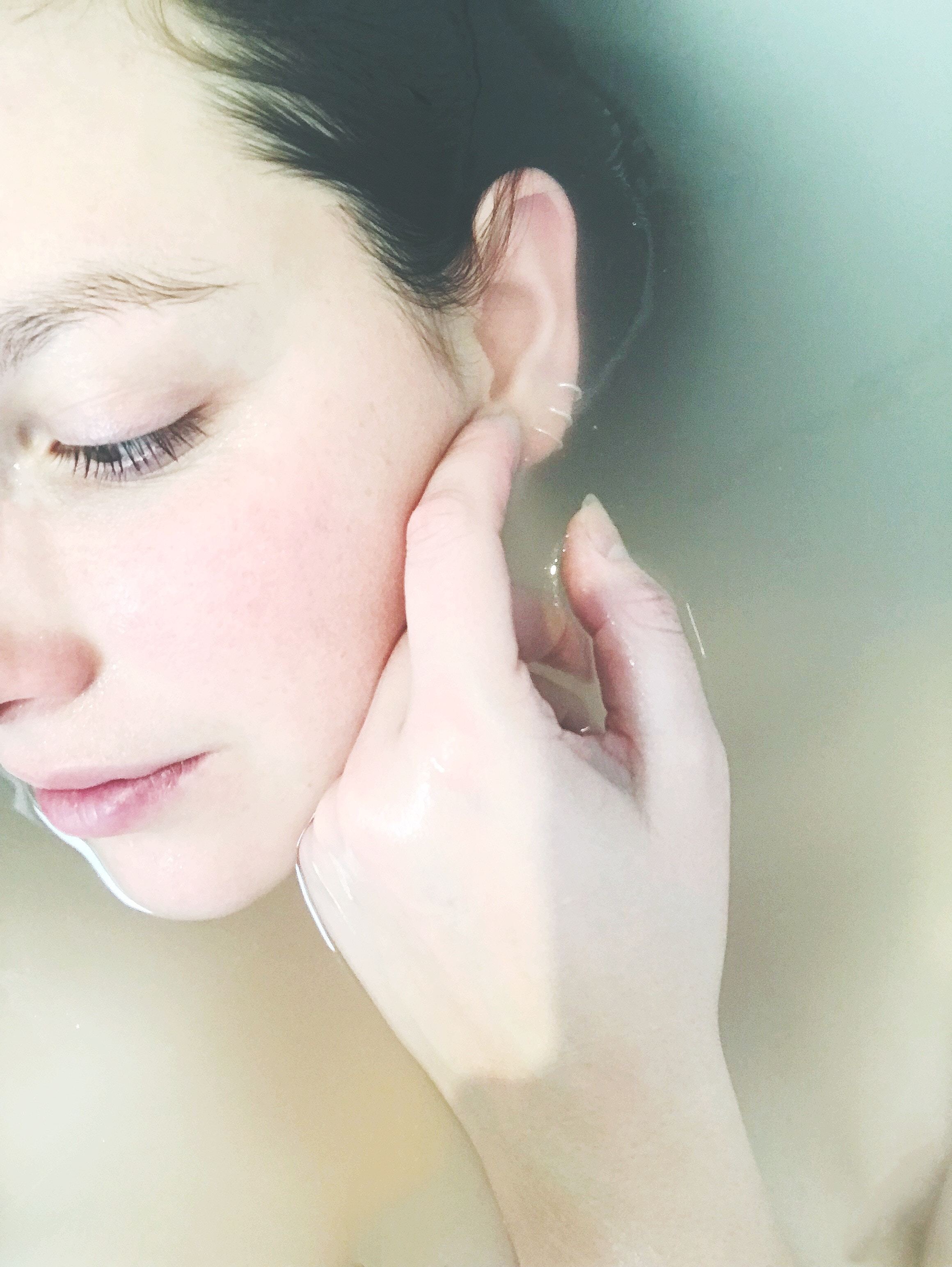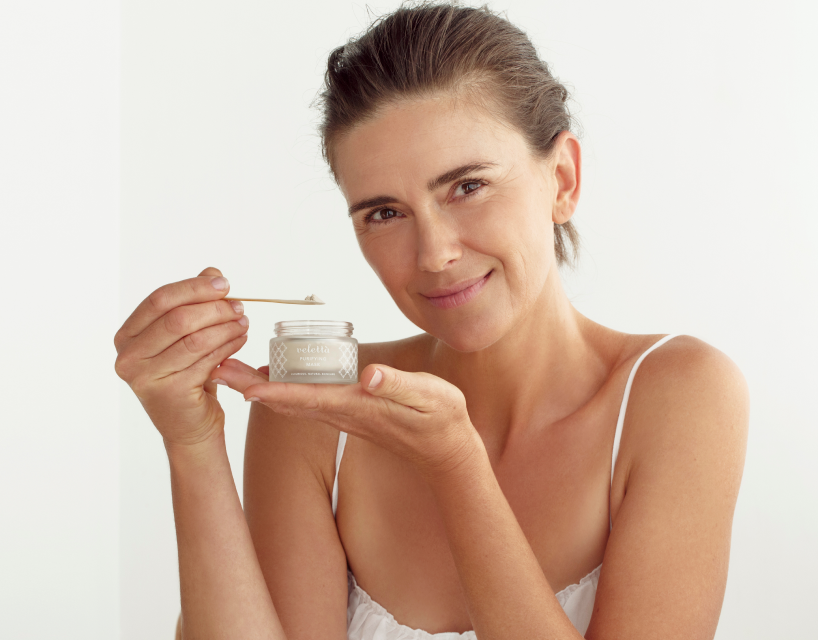What is skin sensitivity?
Skin sensitivity is the embodiment of poor skin barrier function and it can happen to any skin type. Sensitive skin is also problem skin; essentially skin that is red, feels tight or dry, stings and burns and is very sensitive to UV rays, There are a myriad of reasons, both internal and environmental, why the skin barrier can be compromised, and skin suddenly cannot tolerate a daily skincare regime that has worked well for years. By way of example, sensitivity can be caused by eczema, rosacea, over-exfoliation, seasonal changes, severe dehydration and allergic reactions.
Prevention and cure
If your sensitivity is sudden and severe then you should seek help from a dermatologist otherwise you should consider the following list of recommendations to help avoid sensitivity and reduce the symptoms:
- Patch test every new product you are planning to try in a small, discreet spot (the back of the ear or inside of the wrist are good options) at least a day before you want to apply it on your face. It may be hard to resist slathering beautiful new products the minute you get them home but if the product does not sit well with your skin, it is better to have a small, easily concealed reaction.
- Shower in warm water, not piping hot water, and try to limit showers to less than 10 minutes. This will prevent the hot water from depleting the skin and hair of its natural oils.
- Pat yourself dry rather than rubbing after showering. Your skin will respond well to a more gentle touch and won’t become so irritated. .
- Moisturise regularly. Dehydrated skin can easily morph into sensitive as the skins lipid barrier is more easily broken allowing allergens to enter the body. Moisturising with a nourishing, natural moisturiser or oil helps to repair the skin barrier and help the skin retain its moisture. Try our Nourishing Moisturiser or facial Rejuvenating Oil which are both vegan, halal-certified and natural.
- Avoid cosmetics with artificial fragrances.
- Moisturise your skin as soon as you get out of the shower. Moisturising immediately after you shower helps to seal moisture into your skin.
- Focus on using cleansing products that remove dirt and makeup without stripping valuable oil. Our facial Cleansing Oil effectively removes makeup, excess sebum and debris from the skin but it still nourishes and retains moisture.
- Avoid harsh exfoliants or exfoliating too often as this can irritate the skin further.
- Use a soap or body wash that is designed for sensitive skin. A 100% natural option without too many unnatural chemicals or fragrance is always the best option.
- Try switching your detergent to a sensitive/fragrance-free alternative. Your clothes, sheets and towels come into contact with your skin so be aware of what you are washing them in.
- A person's skin can become more sensitive with age which may be one reason why your tried and true products are now making your skin feel terrible. Less is more as you get older; we suggest natural and calming.
- Cleaning products are known for being particularly harsh on the skin too so swapping your usual supplies for a sensitive or naturally based option could help limit reactions.
- If you have had a reaction to a product then stop using it immediately. Try to limit the number of products you use and avoid exfoliating (or at least limit exfoliation to once a week) until the sensitivity has passed.
Redness corrector
If you have had a reaction and have a bit of redness on your face you could try using a makeup primer with green in it to colour correct you back to a neutral colour, after patch testing of course.




